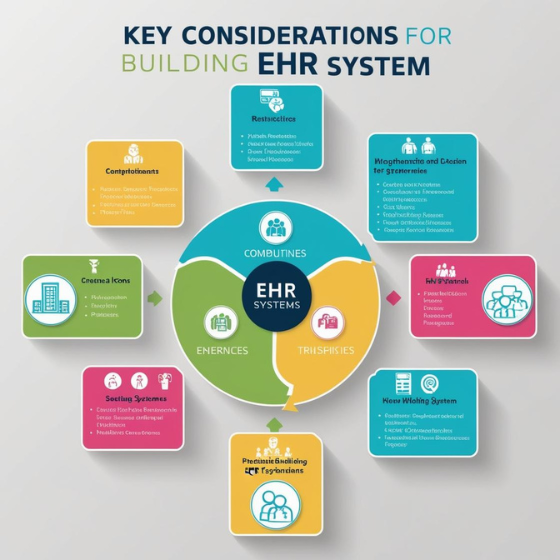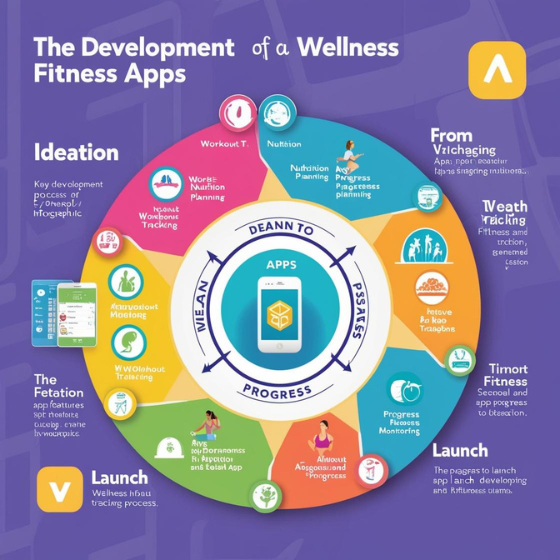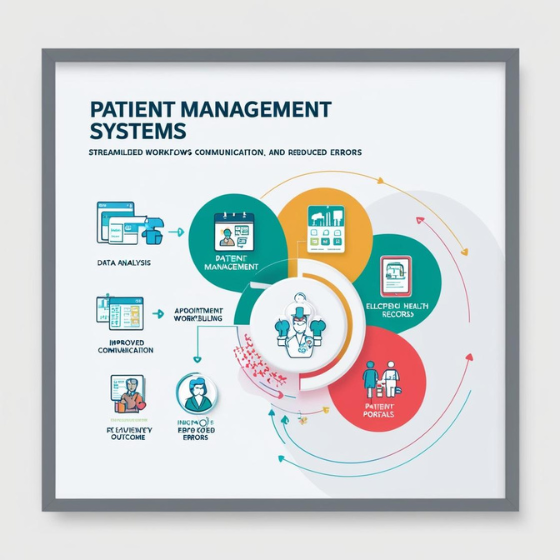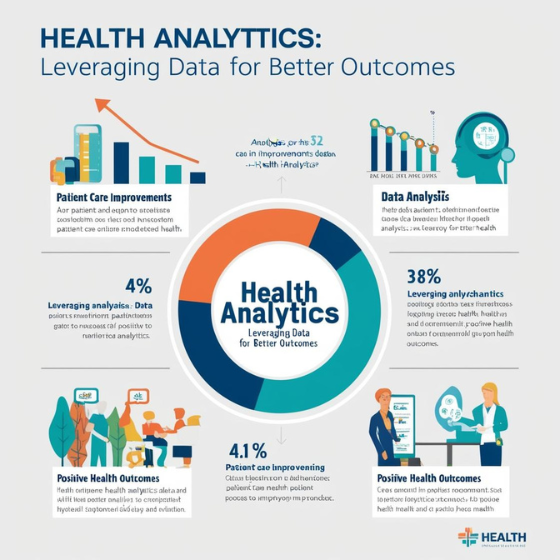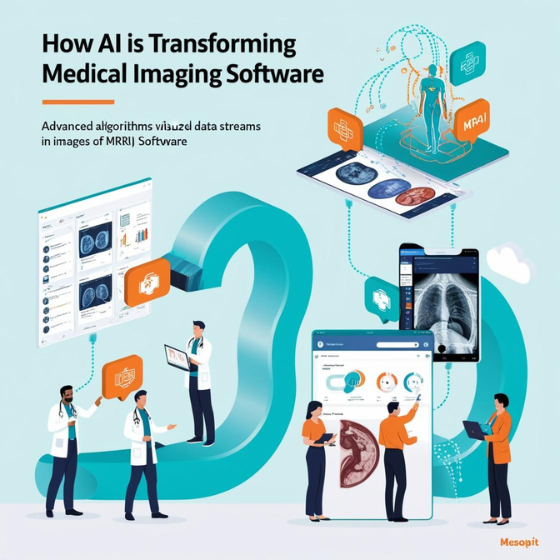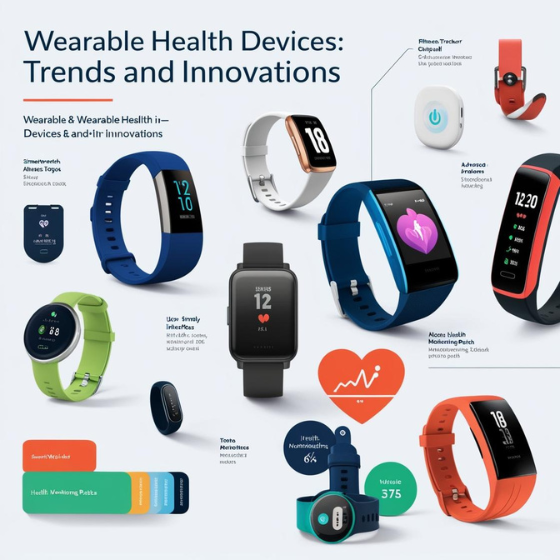Key Considerations for Building EHR Systems: A Comprehensive Guide
In today’s rapidly evolving healthcare landscape, Electronic Health Records (EHR) systems have become indispensable. Did you know that nearly 90% of physicians in the U.S. utilize EHR systems to streamline patient care? This statistic underscores the growing reliance on digital solutions for managing medical information effectively. However, building an EHR system is no small feat. It demands careful planning, technological expertise, and a thorough understanding of healthcare regulations.
In this blog, we’ll explore the key considerations for building EHR systems, equipping you with insights to navigate this complex process. Whether you’re a healthcare provider, software developer, or tech enthusiast, this guide will empower you to create EHR systems that enhance operational efficiency and improve patient outcomes.
What Are EHR Systems, and Why Are They Crucial?
Understanding EHR Systems
EHR systems are digital platforms that collect, store, and manage patient information in a centralized manner. Unlike traditional paper records, EHRs offer real-time access to patient data, enabling seamless coordination across healthcare providers.
The Importance of EHR Systems
- Streamlined Data Management: Reduce manual paperwork and enhance accuracy.
- Improved Patient Care: Provide doctors with a complete medical history for better diagnoses.
- Regulatory Compliance: Meet legal requirements such as HIPAA and GDPR.
- Cost-Effective Solutions: Lower administrative costs over time.
Building EHR systems demands careful attention to detail to ensure they meet these objectives while aligning with industry standards.
Key Considerations for Building EHR Systems
When embarking on the journey of EHR system development, keeping the following considerations in mind can make the difference between success and setbacks:
1. Compliance with Healthcare Regulations
Healthcare is one of the most heavily regulated industries, and compliance is non-negotiable when building an EHR system.
- HIPAA (Health Insurance Portability and Accountability Act): In the U.S., this regulation ensures the confidentiality and security of patient data.
- GDPR (General Data Protection Regulation): For systems in the EU, GDPR governs how personal data is stored and shared.
- HL7 Standards: These are critical for ensuring interoperability across healthcare systems.
Adhering to these standards not only protects patient information but also establishes trust with healthcare providers.
2. Interoperability and Integration
Seamless data exchange between healthcare systems is vital. An effective EHR system should integrate with:
- Lab Information Systems (LIS) for real-time lab results.
- Pharmacy Management Systems for prescription tracking.
- Patient Portals for enhanced patient engagement.
Key considerations for building EHR systems include ensuring compatibility with existing systems while supporting modern APIs for scalability.
3. User-Centric Design
Healthcare professionals often work under immense pressure. A poorly designed interface can lead to errors and inefficiencies.
Features to prioritize:
- Intuitive Navigation: Simple menus and quick access to key features.
- Customizable Dashboards: Tailor information views based on roles (e.g., doctors, nurses, or administrators).
- Mobile Responsiveness: Enable data access on-the-go through mobile devices.
4. Robust Data Security
Data breaches can cost healthcare providers millions in fines and lost trust. Prioritize robust security measures such as:
- End-to-End Encryption: Protect data during transmission and storage.
- Multi-Factor Authentication (MFA): Add an extra layer of security for user logins.
- Regular Audits: Conduct frequent checks to identify vulnerabilities.
For healthcare providers, data security isn’t just a technical necessity—it’s a legal obligation.
Best Practices for Developing EHR Systems
1. Choose the Right Technology Stack
Your choice of technology stack impacts the system’s scalability, reliability, and performance. Opt for:
- Cloud-Based Solutions: Enhance accessibility and reduce infrastructure costs.
- AI and Machine Learning: Provide predictive analytics for better decision-making.
- Blockchain: Ensure tamper-proof records and bolster data integrity.
2. Engage Stakeholders Early
Involving healthcare professionals, patients, and IT teams from the start ensures the system addresses real-world needs. Conduct focus groups, surveys, and iterative testing to refine the product.
3. Focus on Scalability
As healthcare facilities grow, so do their data management needs. Design systems that can scale effortlessly to accommodate increased patient loads and additional features.
Case Study: A Success Story in EHR Development
One notable example is a healthcare startup that collaborated with Sodio to build an EHR system tailored to small and medium-sized clinics. The system integrated seamlessly with lab reports, ensured HIPAA compliance, and featured an AI-driven diagnostic tool.
Results:
- 40% improvement in operational efficiency.
- Enhanced patient satisfaction due to faster access to medical records.
- Increased clinic revenue through optimized workflows.
How Sodio Can Help You Build EHR Systems
At Sodio, we specialize in creating robust, secure, and user-friendly EHR systems tailored to your needs. With expertise in mobile app development, blockchain solutions, and healthcare software, we bring unparalleled value to your projects.
Our services include:
- Custom EHR Development: Tailored solutions for hospitals, clinics, and startups.
- Interoperability Enhancements: Ensure seamless data exchange across platforms.
- Regulatory Compliance: Stay ahead of legal requirements with expert guidance.
Discover how Sodio can empower your healthcare facility by exploring our services.
FAQs About Building EHR Systems
Q: How long does it take to build an EHR system?
A: Development timelines vary based on complexity but typically range from 6 to 12 months.
Q: What is the cost of developing an EHR system?
A: Costs depend on features, technology stack, and compliance requirements. Sodio offers tailored pricing to fit your budget.
Q: Can EHR systems be customized for specific healthcare providers?
A: Absolutely! Customization ensures the system aligns with the unique workflows and needs of your organization.
Conclusion
Building an effective EHR system is a transformative step for any healthcare provider. By focusing on key considerations for building EHR systems, such as compliance, user experience, and security, you can create a solution that drives better patient care and operational efficiency.
Ready to revolutionize healthcare with cutting-edge EHR systems? Let Sodio guide you every step of the way. Contact us today to explore how we can bring your vision to life.
